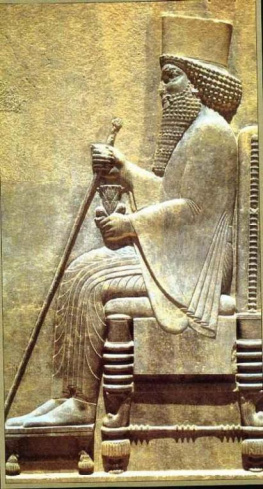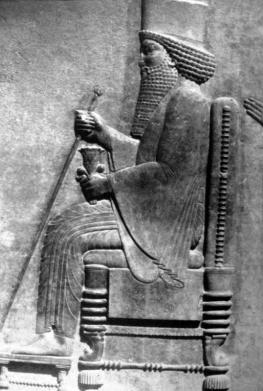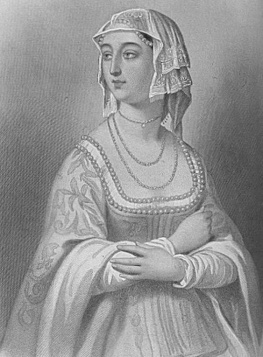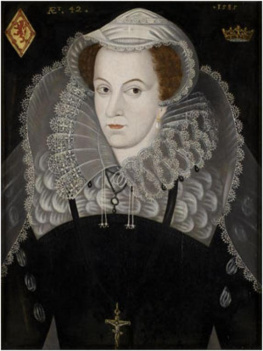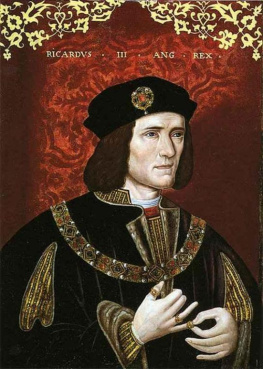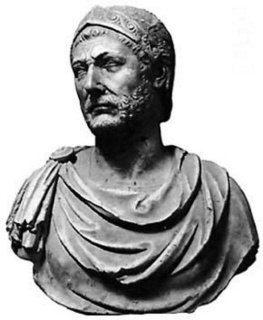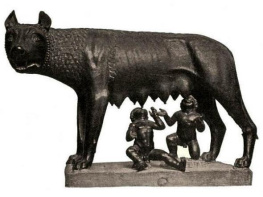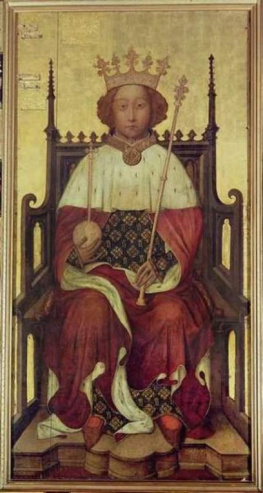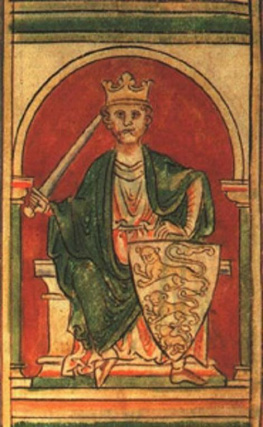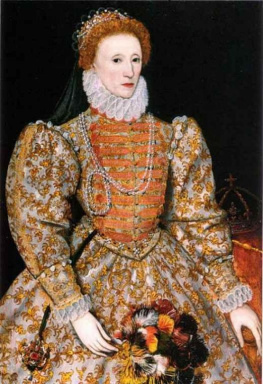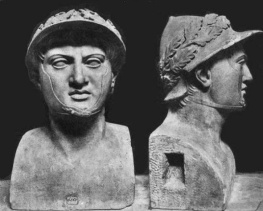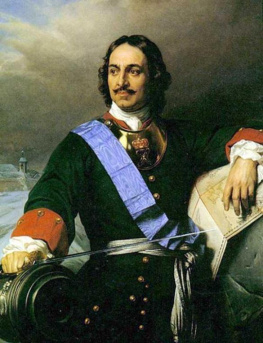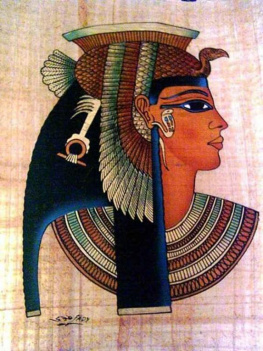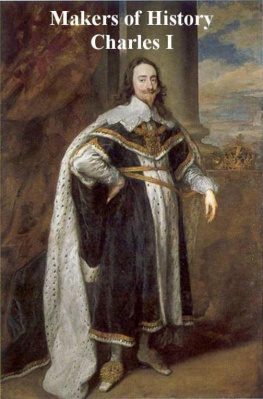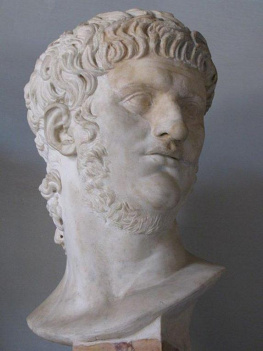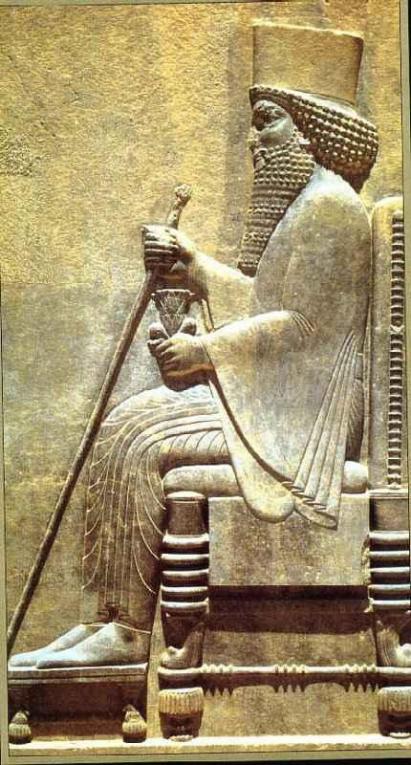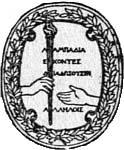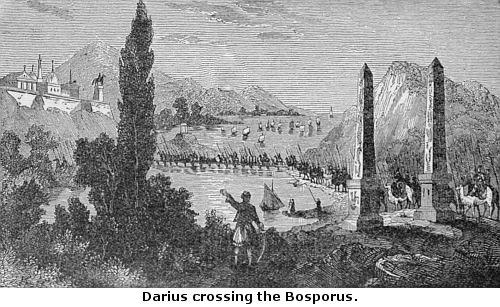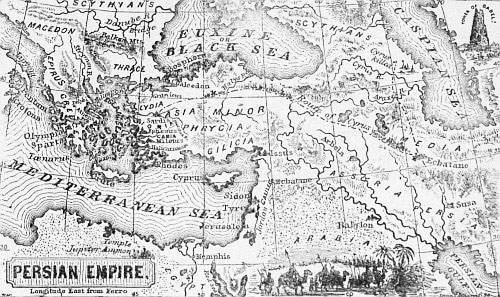Makers of History
Darius the Great
by
JACOB ABBOTT
WITH ENGRAVINGS
NEW YORK AND LONDON
HARPER & BROTHERS PUBLISHERS
1904
Entered, according to Act of Congress, in the year one thousand
eight hundred and fifty, by
HARPER & BROTHERS,
in the Clerks Office of the District Court of the Southern District
of New York.
Copyright, 1878, by JACOB ABBOTT.
Table of Contents
ENGRAVINGS.
PREFACE.
In describing the character and the action of the personages whose histories form the subjects of this series, the writer makes no attempt to darken the colors in which he depicts their deeds of violence and wrong, or to increase, by indignant denunciations, the obloquy which heroes and conquerors have so often brought upon themselves, in the estimation of mankind, by their ambition, their tyranny, or their desperate and reckless crimes. In fact, it seems desirable to diminish, rather than to increase, the spirit of censoriousness which often leads men so harshly to condemn the errors and sins of others, committed in circumstances of temptation to which they themselves were never exposed. Besides, to denounce or vituperate guilt, in a narrative of the transactions in which it was displayed, has little influence in awakening a healthy sensitiveness in the conscience of the reader. We observe, accordingly, that in the narratives of the sacred Scriptures, such denunciations are seldom found. The story of Absalom's undutifulness and rebellion, of David's adultery and murder, of Herod's tyranny, and all other narratives of crime, are related in a calm, simple, impartial, and forbearing spirit, which leads us to condemn the sins, but not to feel a pharisaical resentment and wrath against the sinner.
This example, so obviously proper and right, the writer of this series has made it his endeavor in all respects to follow.
CHAPTER I. CAMBYSES.
B.C. 530-524
About five or six hundred years before Christ, almost the whole of the interior of Asia was united in one vast empire. The founder of this empire was Cyrus the Great. He was originally a Persian; and the whole empire is often called the Persian monarchy, taking its name from its founders native land.
Cyrus was not contented with having annexed to his dominion all the civilized states of Asia. In the latter part of his life, he conceived the idea that there might possibly be some additional glory and power to be acquired in subduing certain half-savage regions in the north, beyond the Araxes. He accordingly raised an army, and set off on an expedition for this purpose, against a country which was governed by a barbarian queen named Tomyris. He met with a variety of adventures on this expedition, all of which are fully detailed in our history of Cyrus. There is, however, only one occurrence that it is necessary to allude to particularly here. That one relates to a remarkable dream which he had one night, just after he had crossed the river.
To explain properly the nature of this dream, it is necessary first to state that Cyrus had two sons. Their names were Cambyses and Smerdis. He had left them in Persia when he set out on his expedition across the Araxes. There was also a young man, then about twenty years of age, in one of his capitals, named Darius. He was the son of one of the nobles of Cyruss court. His fathers name was Hystaspes. Hystaspes, besides being a noble of the court, was also, as almost all nobles were in those days, an officer of the army. He accompanied Cyrus in his march into the territories of the barbarian queen, and was with him there, in camp, at the time when this narrative commences.
Cyrus, it seems, felt some misgivings in respect to the result of his enterprise; and, in order to insure the tranquillity of his empire during his absence, and the secure transmission of his power to his rightful successor in case he should never return, he established his son Cambyses as regent of his realms before he crossed the Araxes, and delivered the government of the empire, with great formality, into his hands. This took place upon the frontier, just before the army passed the river. The mind of a father, under such circumstances, would naturally be occupied, in some degree, with thoughts relating to the arrangements which his son would make, and to the difficulties he would be likely to encounter in managing the momentous concerns which had been committed to his charge. The mind of Cyrus was undoubtedly so occupied, and this, probably, was the origin of the remarkable dream.
His dream was, that Darius appeared to him in a vision, with vast wings growing from his shoulders. Darius stood, in the vision, on the confines of Europe and Asia, and his wings, expanded either way, overshadowed the whole known world. When Cyrus awoke and reflected on this ominous dream, it seemed to him to portend some great danger to the future security of his empire. It appeared to denote that Darius was one day to bear sway over all the world. Perhaps he might be even then forming ambitious and treasonable designs. Cyrus immediately sent for Hystaspes, the father of Darius; when he came to his tent, he commanded him to go back to Persia, and keep a strict watch over the conduct of his son until he himself should return. Hystaspes received this commission, and departed to execute it; and Cyrus, somewhat relieved, perhaps, of his anxiety by this measure of precaution, went on with his army toward his place of destination.
Cyrus never returned. He was killed in battle; and it would seem that, though the import of his dream was ultimately fulfilled, Darius was not, at that time, meditating any schemes of obtaining possession of the throne, for he made no attempt to interfere with the regular transmission of the imperial power from Cyrus to Cambyses his son. At any rate, it was so transmitted. The tidings of Cyruss death came to the capital, and Cambyses, his son, reigned in his stead.
The great event of the reign of Cambyses was a war with Egypt, which originated in the following very singular manner:
It has been found, in all ages of the world, that there is some peculiar quality of the soil, or climate, or atmosphere of Egypt which tends to produce an inflammation of the eyes. The inhabitants themselves have at all times been very subject to this disease, and foreign armies marching into the country are always very seriously affected by it. Thousands of soldiers in such armies are sometimes disabled from this cause, and many are made incurably blind. Now a country which produces a disease in its worst form and degree, will produce also, generally, the best physicians for that disease. At any rate, this was supposed to be the case in ancient times; and accordingly, when any powerful potentate in those days was afflicted himself with ophthalmia, or had such a case in his family, Egypt was the country to send to for a physician.

